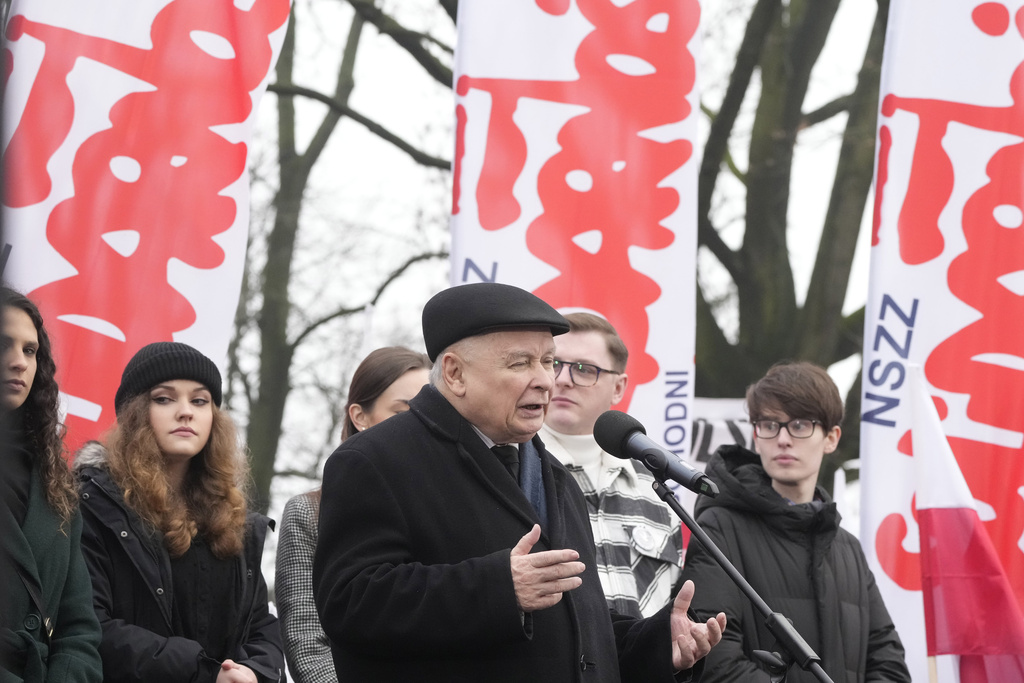As local election campaigns before April 7 voting heat up, Poland’s ruling Law and Justice (PiS) party is taking a notably different approach, dialing down campaign fervor in an effort to reduce voter mobilization among its detractors.
This shift in strategy, coupled with declining poll numbers for the Third Way alliance, has buoyed PiS’ spirits, marking a significant improvement in mood compared to a month ago when even strongholds like the southeastern Podkarpacie region seemed at risk. Now, PiS politicians are increasingly vocal about maintaining control in several regional assemblies.
Since 2013, PiS has governed Podkarpacie, turning it into one of its unchallenged bastions after taking over in the wake of a corruption scandal that ousted the then-ruling coalition. The party currently enjoys a majority in the region, contrasting starkly with the uncertainty it faced at the start of the local election campaign.
In these elections, PiS has strategically chosen to “step out of the line of fire,” fielding uncontroversial, young candidates expected to build their popularity locally. In some cities, the party has even decided to support local activists over its own party candidates, a move noted by media as a step away from flaunting party affiliations too openly.
PiS officials have confirmed that these tactics are deliberate, aimed at cooling the heated political discourse to dampen anti-PiS voter turnout.
“We’re learning from our mistakes and want to avoid a repeat of the anti-PiS wave we saw in the parliamentary elections,” shared an unnamed PiS member of parliament. Accordingly, the party’s campaign has been notably subdued, with minimal investment in both individual and regional assembly campaigns, focusing instead on minimizing losses.
This approach also extends to managing expectations, with PiS officials and MPs adopting a more cautious tone in conversations with journalists, setting the stage for a battle in which “anything can happen” and where no assembly majority is guaranteed.
The outlook for PiS in the 2024 local elections, though still challenging, has improved from a few months ago, thanks in part to the waning fortunes of the Third Way alliance, which is the coalition partner of Donald Tusk’s Civic Platform (PO) in the government. Speculation about possible coalitions and the dynamics of lower voter turnout add layers of complexity to the electoral landscape.
Marcin Palade, an electoral geography and research expert, notes that PiS is still in contention for majorities in five regional assemblies, dependent on narrow margins and potential coalition capabilities, including with parties like Confederation, which could hold the balance of power in several assemblies.
The internal dynamics within the current governing coalition, as highlighted by PiS MP Krzysztof Sobolewski from the Podkarpacie region, also suggest that post-election coalition negotiations could introduce additional unpredictability, offering PiS potential pathways to retain control in several regional assemblies — not just one.






